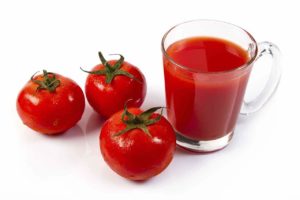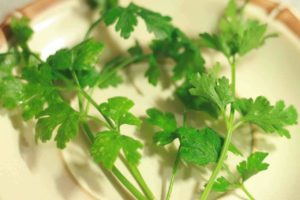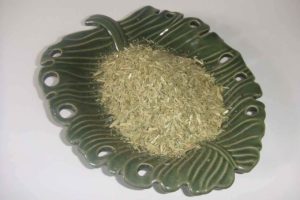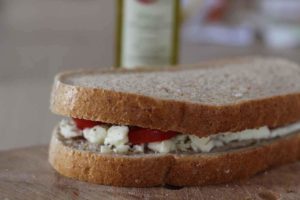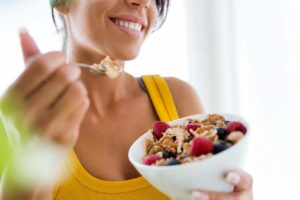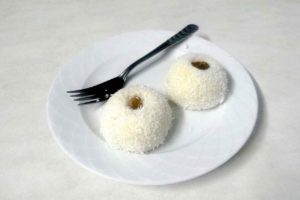Since iron can’t be produced within the body, it must be taken externally by eating certain foods. The daily requirement of iron becomes important especially during certain periods such as pregnancy, breastfeeding period, childhood and adolescence. Insufficient iron intake during adolescence may result in certain diseases that can never be restored. Anemia can be diagnosed with a simple blood test but unfortunately many people live undiagnosed because they don’t know the certain symptoms of this disease.
What Happens When You Don’t Get Enough Iron?
Except for iron deficiency, you might also see some symptoms of anemia if you lose too much blood. Not only accidents but also things like gastric bleeding, peptic ulcer, bowel cancer, uterine cancer and extended usage of aspirin may also cause loss of blood.
The cells that carry oxygen called “red blood cells”. These cells are produced regularly in bone marrow. The iron that we take from food is important for the production of the red blood cells and transportation of oxygen. The excessive amount of iron that we took from the foods are stored in our body to be used when we need it. But when we don’t get enough iron, this storage runs short and our body fails to produce red blood cells. But red blood cells were carrying oxygen, what happens when they don’t?
Oxygen is used in our cells to burn glucose to produce ATP, which is a form of energy. So the first thing that happens when we don’t have enough iron is we run out of energy. The main reason behind the fatigue is the iron deficiency for most of the time. Your iron deficiency still may not have reached the full anemia level but it still would be low enough to keep you tired all the time.
Symptoms Of Iron Deficiency
- Fatigue
- Lack of concentration
- Irrigation
- Weak immune system
- Difficulty in breathing
- Pale skin
- Desire to eat thing uneatable like dirt or ice
- Irritated tongue
Medical Treatment Should Be Supported By Diet
Using medicines can help you but eating proper foods should support medical treatment. Iron-rich foods include;
- Cereals – 34.1 mg /100 mg
- Liver – 17.9 mg /100 mg
- Hazelnut – 4.7 mg /100 mg
- Almond – 3.7 mg /100 mg
- Red meat – 3.5 mg /100 mg
- Dried apricots – 2.7 mg /100mg
- Raisin – 1.9 mg /100 mg
- Egg – 1.2 mg /100 mg
- Fish – 1 mg /100 mg
- Green bean – 1 mg /100 mg
- Date palm – 1 mg /100 mg
- Beetroot – 0.8 mg /100 mg
- Potato – 0.8 mg /100 mg
- Cabbage – 0.5 mg /100 mg
- Zucchini – 0.4 mg /100 mg
- Peach – 0.3 mg /100 mg
- Pear – 0.2 mg /100 mg
Iron deficiency is a problem especially for vegans and vegetarians because they don’t get iron from meat and egg like normal people do.
Another interesting fact about iron deficiency is connected to calcium. The calcium reduces or sometimes stops iron absorption, therefore, milk and the other dairy products must not be consumed with iron supplements. Vitamin C, on the other hand, increases the absorption of the iron and it has an important role in the production of hemoglobin. That’s why regular intake of vitamin C is important as iron supplements. Kiwifruit, orange, mandarin orange and lemon can be used as vitamin C supplements to support medical treatment.
How Much Iron Do You Need A Day?
- Man – 10 mg
- Woman – 18 mg
- Pregnant – 27 mg
- Breastfeeding Women – 20 mg
- Adolescent – 15 mg
- Kid – 10 mg



